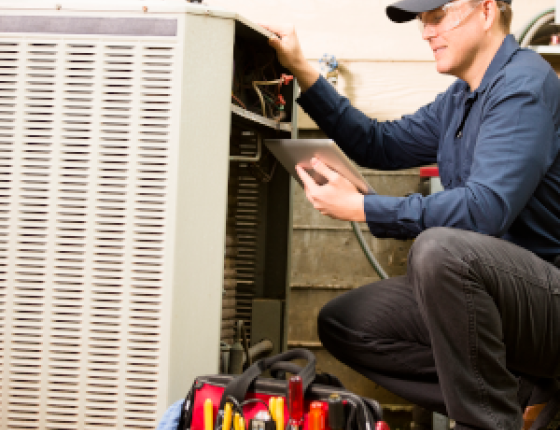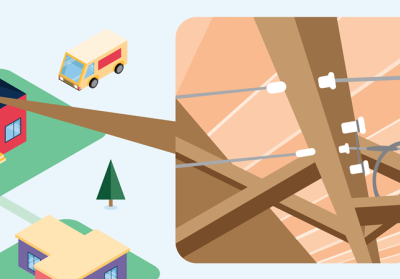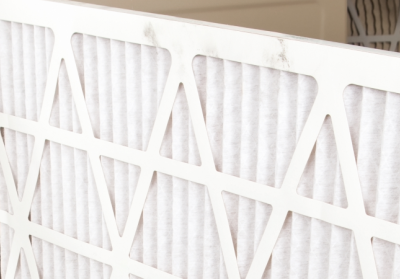Tuning and Replacing your Central Air Conditioner
Minnesota is famous for its harsh winters, but its summers can be nearly as brutal.
Stay comfortable without breaking the bank with a reliable, efficient cooling system.
When should I replace my air conditioner?
Most air conditioners (ACs) last 10–20 years, depending on how often they’re used. If you use your AC heavily from spring to fall, you may need to replace it sooner, but if you only turn it on during heat waves, it may last longer. Like with most systems, more use leads to more wear and tear, so using your AC more heavily will decrease its efficiency and reliability over time. This can lead to costly breakdowns, repairs, and energy bills.
Knowing how old your AC is will help you plan — and save — for a replacement. You can ask your HVAC technician to check your AC’s age during your next maintenance appointment, or you can get a home energy audit to learn more about all your mechanical systems, including your AC. If you have CenterPoint Energy or Xcel Energy, the Home Energy Squad® offers audits for about $100.
What should I replace it with?
If you’re ready to replace your AC, you’ll want to choose a high-efficiency system to save energy, lower utility bills, and make the most of your upgrade.
Air source heat pumps (ASHPs) are essentially two-way ACs that can heat and cool your home. In the summer, ASHPs function the same as an AC by absorbing heat from indoor air and releasing it outside to keep your home cool. When it gets colder outside, ASHPs can run in reverse, absorbing heat from the outside air and releasing it inside, keeping your home warm. Since ASHPs move heat instead of generating it, they’re more efficient. However, ASHPs typically need a backup heating source, like a furnace, on very cold days.
Many ASHP models exist, including ducted or ductless models. If your home has ductwork, like for a furnace or traditional AC, you can install a ducted ASHP, which will use the same ducts to deliver cooled and heated air throughout your home. If your home uses a boiler or electric baseboards for heating, a ductless ASHP is a cost-effective and efficient way to keep your space comfortable all year. Ductless ASHPs, sometimes called mini-splits, can be installed in many configurations to meet the needs of individual rooms or the entire house.
If you’d like a traditional AC, ask your contractor about high-efficiency options. Efficient systems waste less energy, leading to lower operating costs, and they may qualify for financial incentives like utility rebates.
As you shop, keep an eye out for the system’s SEER2 rating. SEER2 stands for Seasonal Energy Efficiency Ratio 2, and measures how efficient your ASHP or AC is. Your contractor can help you understand the details, but the higher the SEER2 rating, the less energy the system will use to cool your space.
What will a new system cost?
Your home, equipment, location, and more will affect your upfront costs when installing a new cooling system. An ASHP can cost $12,000–$24,000, but will provide cooling and heating all year round. A high-efficiency traditional AC can cost $5,000–$6,000, but will only provide cooling. Financial incentives like utility rebates can help cover part of your installation costs.
How do I extend my system's life?
No matter what you use for your cooling, you need to maintain your mechanical systems like you would maintain a vehicle. Regular maintenance ensures your systems operate at the highest efficiency possible for as long as possible. ASHPs and ACs have different maintenance needs, so check with your contractor or your equipment’s manufacturer for more detailed recommendations.
Outside Resources

Questions about your home energy? Let's talk!



